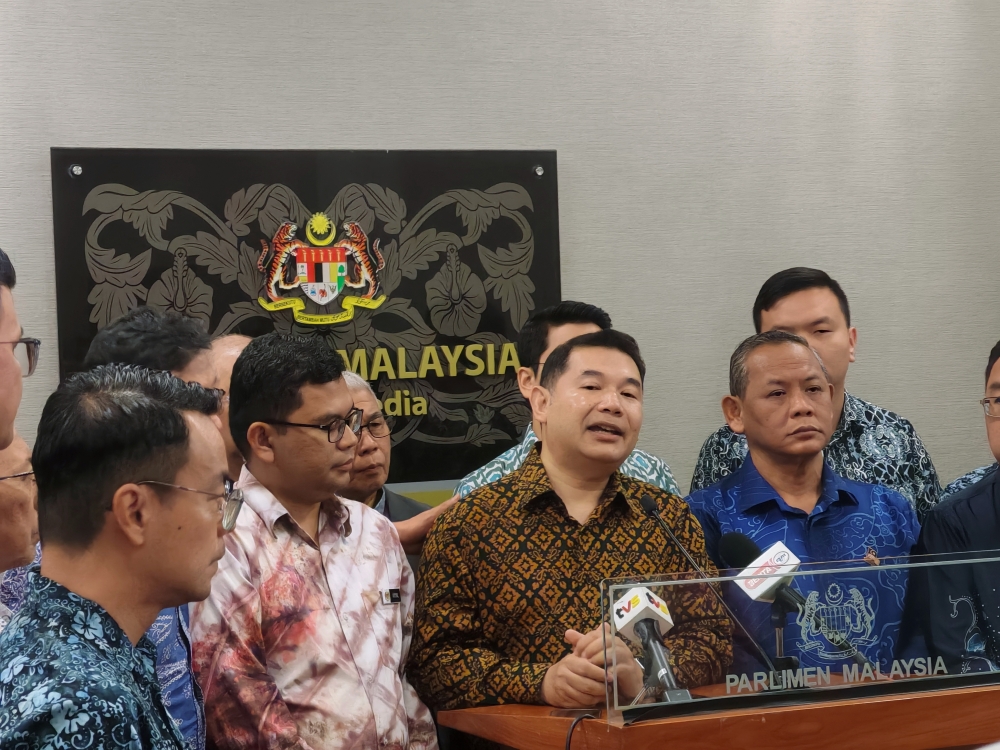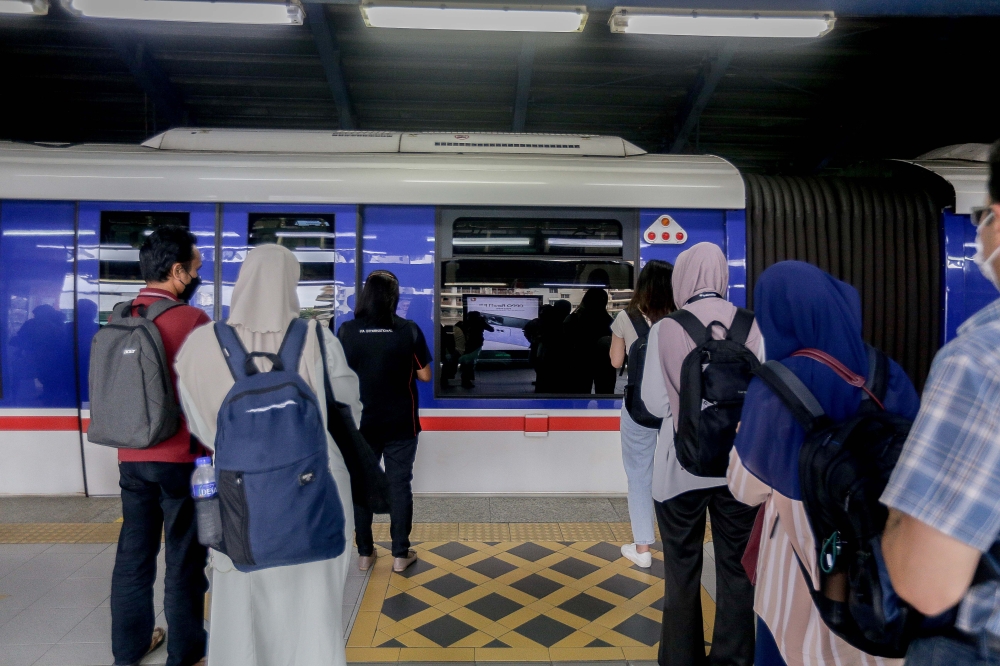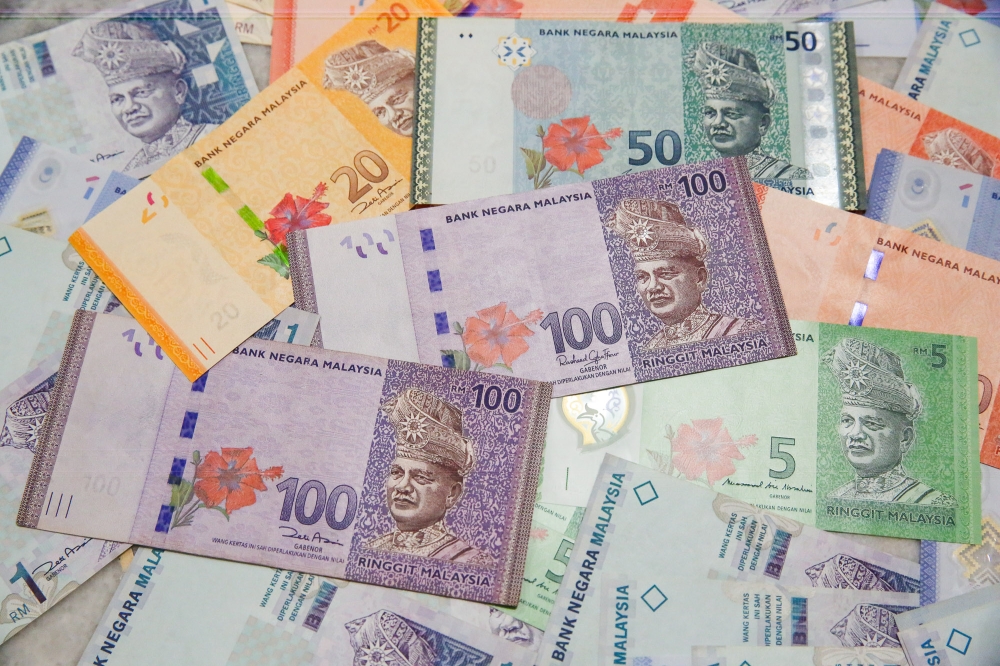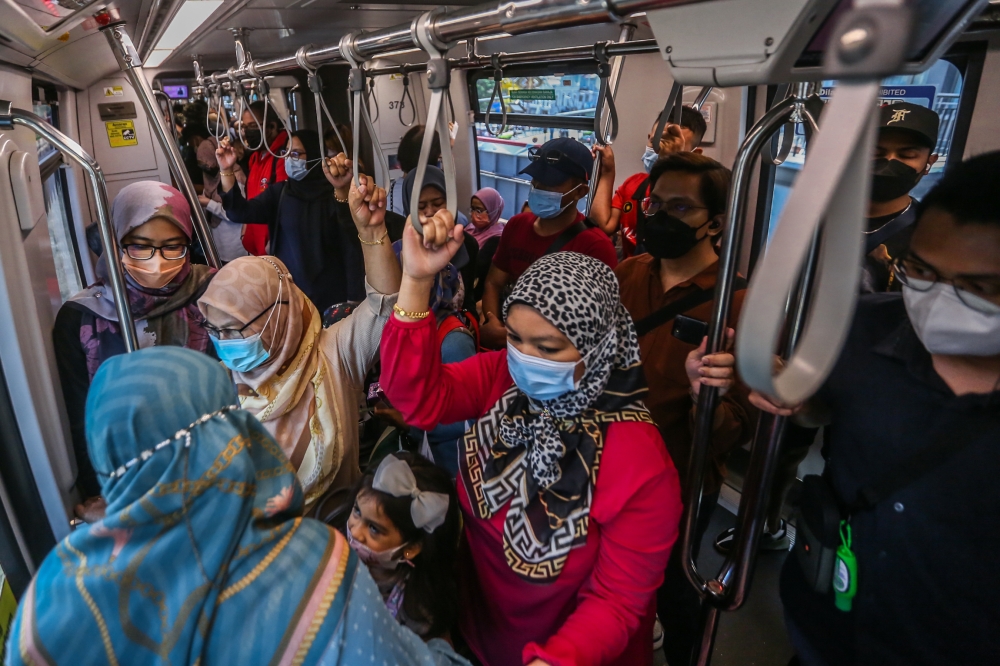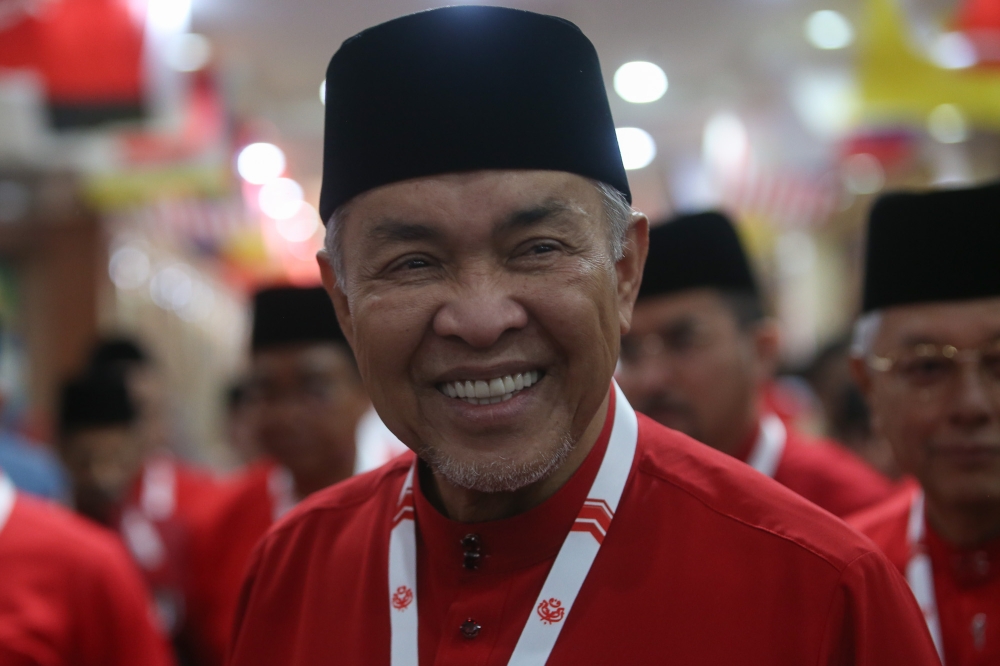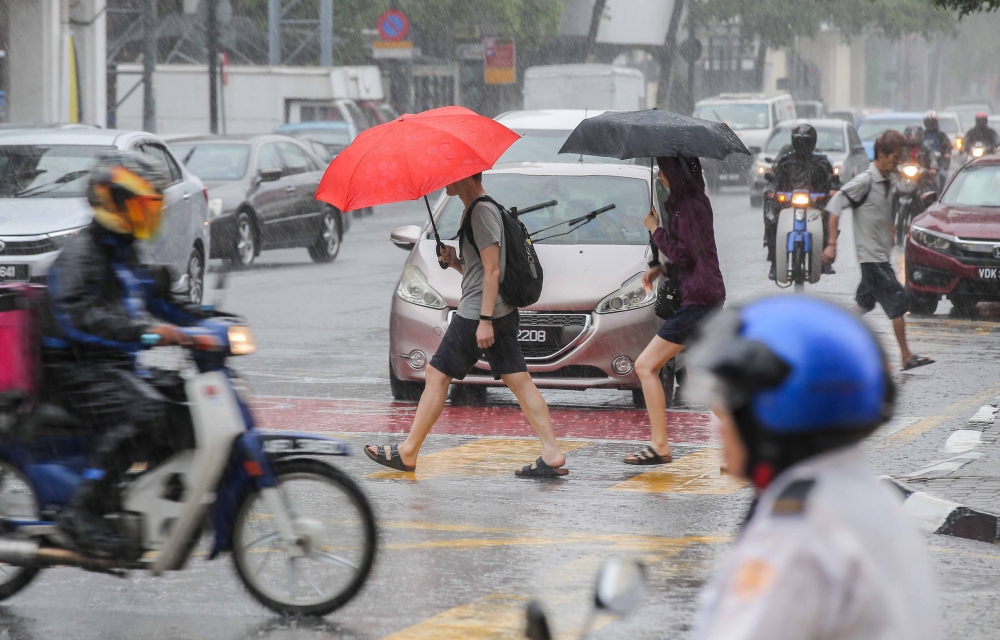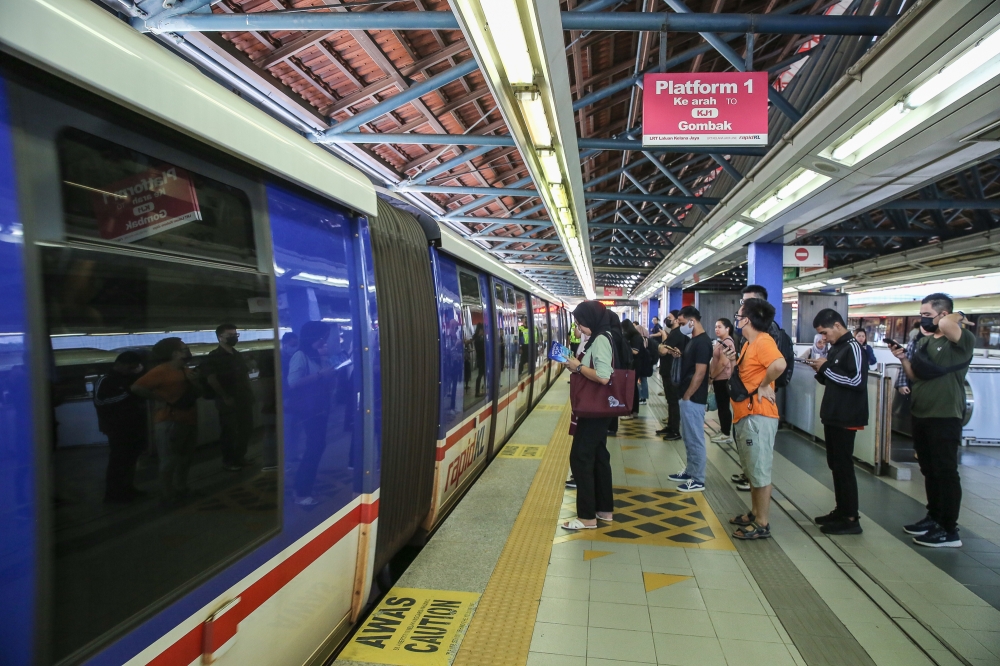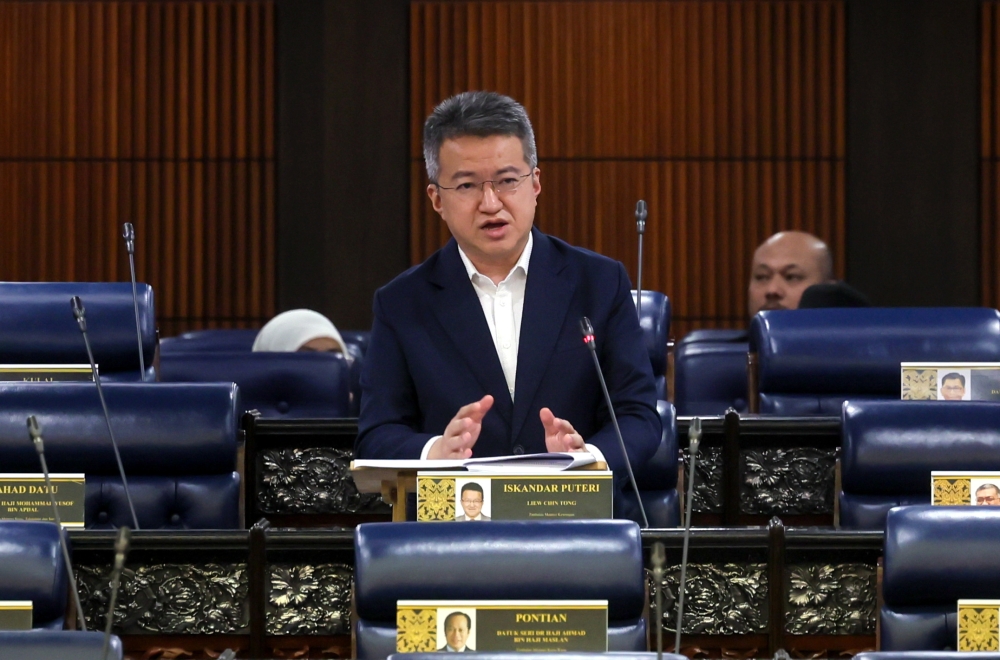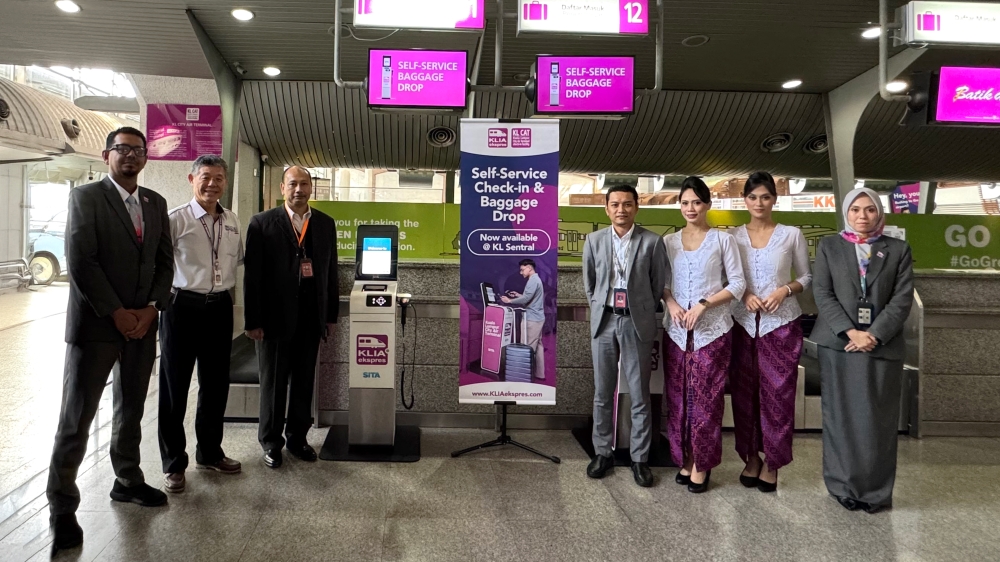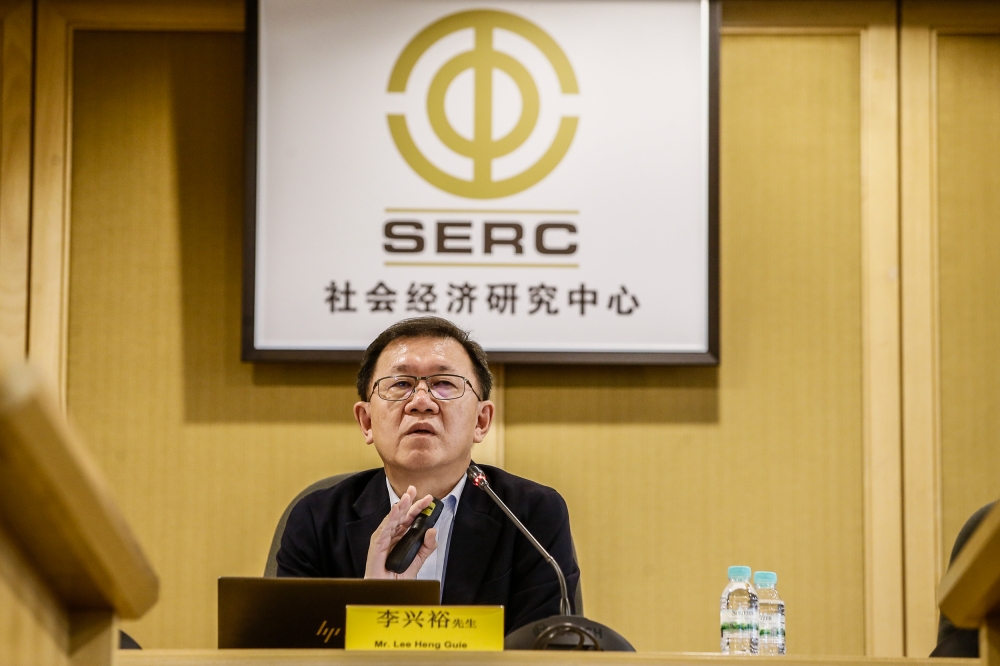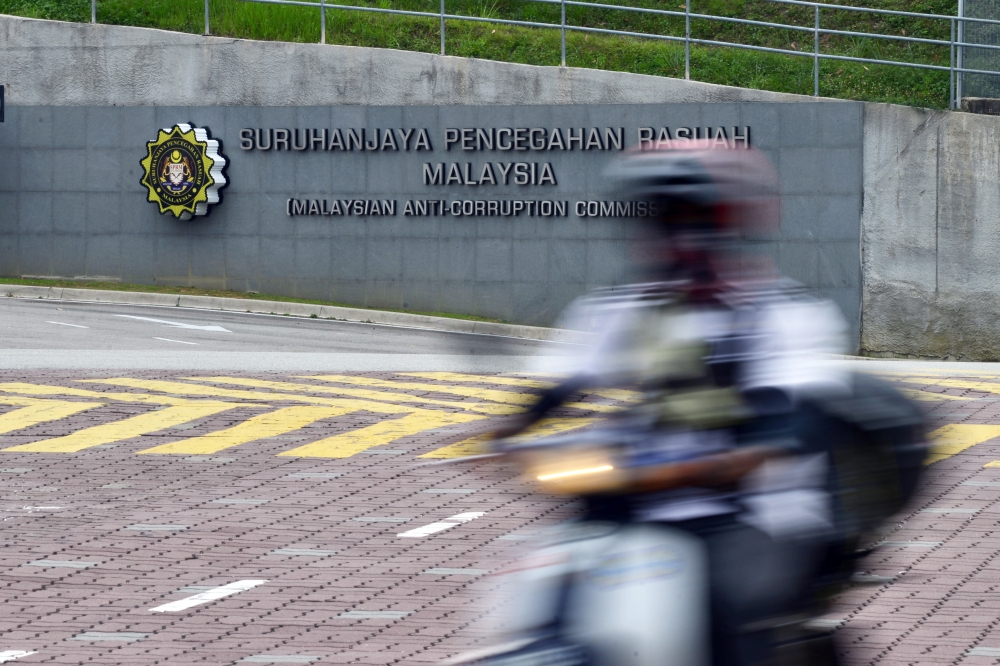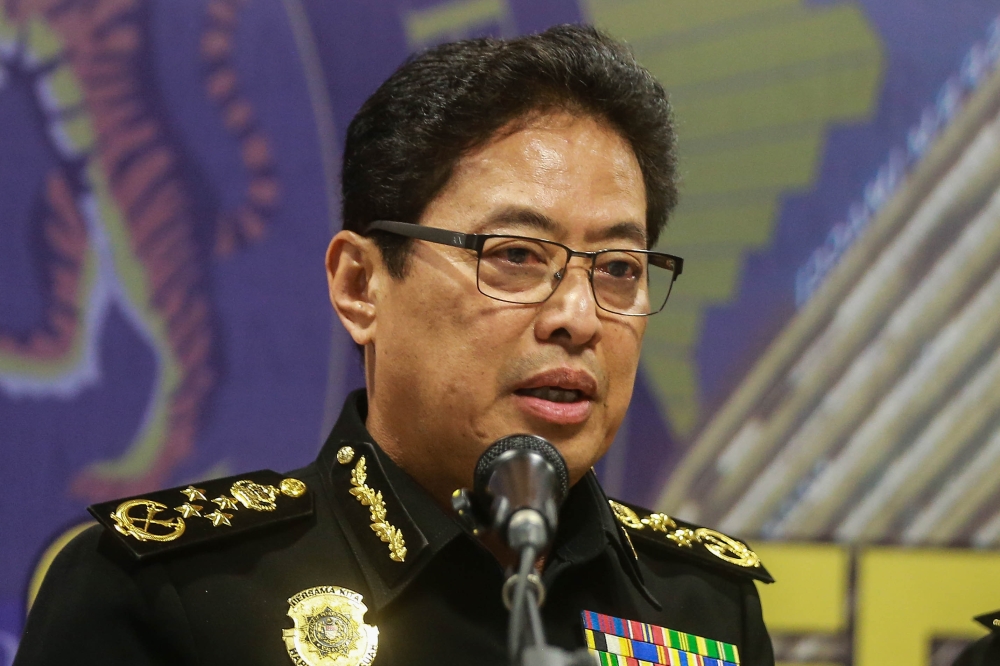KUALA LUMPUR, April 13 — The Socio-Economic Research Centre, a think tank founded by the Chinese Chamber of Commerce and Industry, today reminded the Anwar administration about the urgent need to put in policy safeguards that would avert a retirement crisis, after the federal government allowed Employees’ Provident Fund (EPF) contributors to use their savings as collateral for loans.
The think tank said the existing social protection system remains severely inadequate to support the huge number of people without sufficient retirement savings, now worsened by the government’s decision to allow two withdrawals as a temporary financial support measure to allow workers deal with the fallout caused by Covid-19.
The Covid-19 special withdrawals amounted to RM145 billion, the EPF noted. As of December 2022, only 30 per cent of its contributors have savings of more than RM250,000 once they reach 55, which the fund considers to be the bare minimum needed to survive retirement. The amount needed would be far more if adjusted for inflation.
“I think it’s time to safeguard the retirement safety net,” SERC director Lee Heng Guie said at a media briefing of its quarterly economic tracker here.
Malaysia is set to become an ageing society in less than a decade, with up to a sixth of its 32 million over population being 60 and above by 2030.
SERC noted that a study on the effects of ageing on the economy by RAND Labour and Population Research showed for every 10 per cent increase in the elderly population above 60, a country could see a potential 5.5 per cent decline in growth.
Policy analysts pin much of the country’s low retirement savings on longstanding structural weaknesses. Malaysia has remained a labour-intensive middle-income economy for decades, with a majority of its workforce being either semi or low-skilled. Only a fifth of workers in the country are considered skilled.
Malaysian employers are also largely at fault, having preferred to keep a business model that primarily capitalises on cheap labour and less technology. SERC noted that just over 10 per cent of Malaysian firms invest in research and development, one of the lowest in the region.
The share of revenue paid to workers by Malaysian firms, or share of employee compensation, is also among the region’s lowest. In 2021, it was just 34.8 per cent of GDP compared to South Korea (47.9 percent), Singapore (39.4 per cent) and the Philippines (36.7 per cent).
This continued preference for a low-skilled low-wage economic structure meant most Malaysian workers struggle to save and are saddled with debt. Malaysia’s household debt-to-GDP ratio, while still considered “manageable”, is among the highest in the region, at 81.2 per cent.
Only Thailand has a higher household debt rate. Singapore and Indonesia’s debt-to-GDP ratio are 69.7 per cent and 17.2 per cent respectively.
The SERC urged the government to start implementing a comprehensive structural support system for the ageing population. Among the solutions it recommended are a national healthcare insurance and facilitating a more elderly-friendly labour market, including reforms in the labour market that would allow the elderly to find flexible work and lifelong reskilling.

